The current tensions in Delta state between the Ijaw, Urhobo and Itsekiri communities can be traced back to the late 1990s and early 2000s, during the period marked by the Warri Crisis. During that time, disputes over land, natural resource revenues, and political representation led to widespread violence and the alleged deaths of hundreds. A tenuous peace has held since 2004, and although there were sporadic outbreaks of tension and violence between the ethnic groups for the next decade, particularly in 2013, it was deescalated before it reached a crisis point. As of early 2014, however, with the drop in global commodity prices and mounting pressures related to the economy, land ownership, elections, and the future of the Presidential Amnesty Programme, the risk is becoming more acute.
Another key driver of the Warri Crisis in the late 1990s and early 2000s was the proliferation of small arms and light weapons into the hands of opposing ethnic groups. This same dynamic also appears to be part of today’s conflict environment in the Niger Delta. According to a report issued by the United Nations Regional Centre for Peace and Disarmament in Africa, and reported in The Vanguard on August 2nd, 2016, of the estimated 500 million illicit small arms and light weapons believed to be in Africa, up to 70% may be in Nigeria. The report goes on to say that the heavy proliferation of weapons to Nigeria, mainly believed to be flowing south from conflicts in Libya and Mali, have been fueled by unresolved conflicts in the North and the Niger Delta regions.

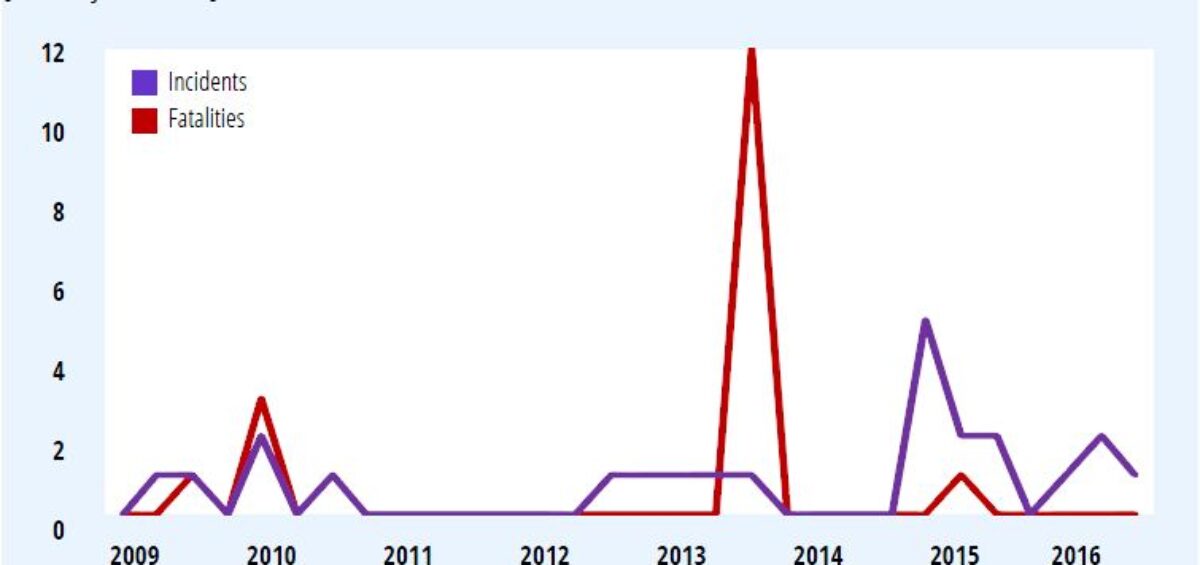
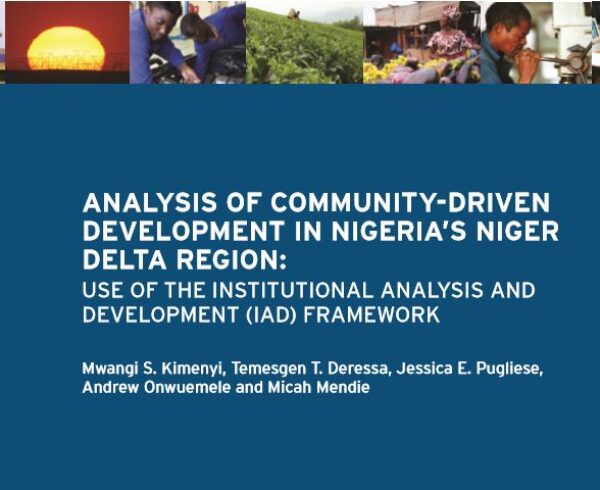
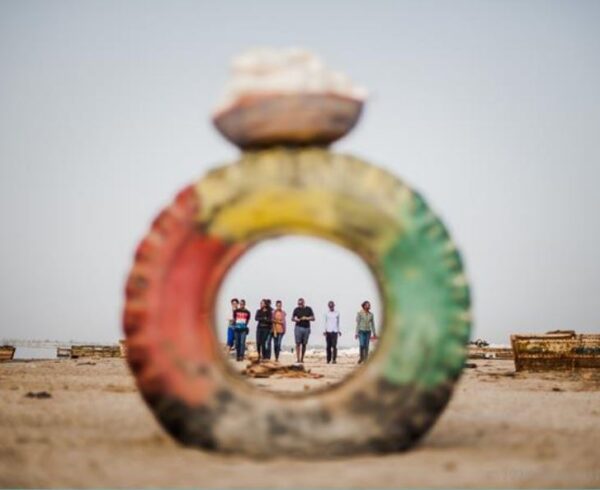
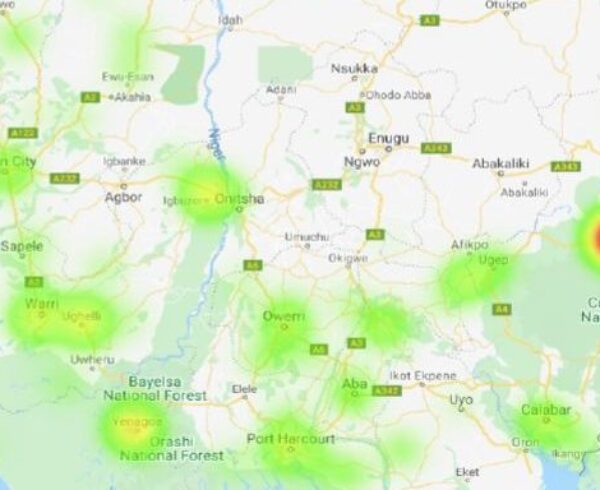

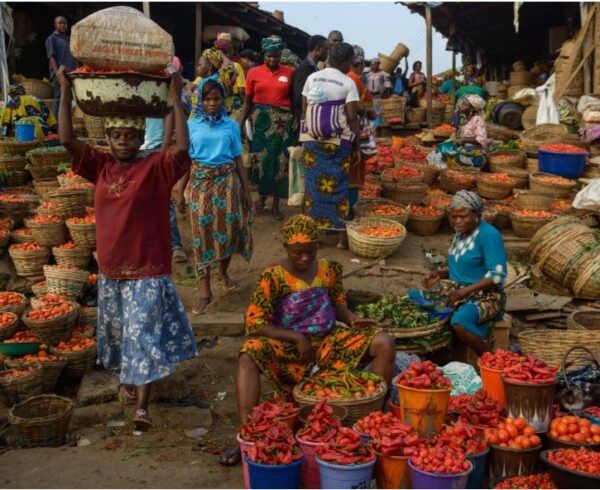
Leave a Comment